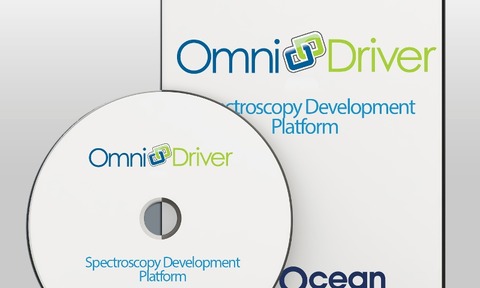
New features have been added for high-speed data acquisition, spectral processing and data analysis.
Ocean Optics has released an update to its OmniDriver Spectroscopy Development Platform.
The platform-neutral Java based OmniDriver Version 2.20 provides a simple interface for programming of USB spectrometers, accessories and devices in optical sensing systems, and is available with an optional set of spectral processing math algorithms.
New features have improved the platform’s high-speed data acquisition, spectral processing, data analysis, data visualisation and data transfer options.
With native libraries included for a variety of Linux, Macintosh and Windows operating systems, OmniDriver users can develop robust control applications without knowing Java; the wrapper libraries provide an interface for most languages to link against.
The OmniDriver’s platform- and spectrometer- independent programming means the same code works with any Ocean Optics USB spectrometer.
With Version 2.20’s new “SpeedTest” feature, users can determine the maximum performance possible for a spectrometer model on the Windows operating system.
Also, OmniDriver Version 2.20 has more robust algorithms for photometry and colourimetry. This is an especially useful feature when measuring samples with sharp peaks, such as in narrowband sources like those used in laser projection systems.
For OEMs, two new command line parameters have been added to the installer for customisation of the company and driver name.
Drivers for three additional Ocean Optics’ devices have now been certified by Windows Hardware Quality Labs, meaning drivers for most of the company’s devices will install automatically when connected to a Windows 7 PC.
The OmniDriver’s wrapper libraries include Dynamic Link Library (Windows), Shared Object (Linux) and a .NET object (Windows).
The software is compatible with a variety of operating systems: Windows XP, Vista, Windows 7, 64-bit versions of XP, Vista, and Windows 7; Mac OSX 10.3 or later; plus many Linux x86 distributions (Kernel 2.4.20 and libusb 0.1.10 or later are required).




